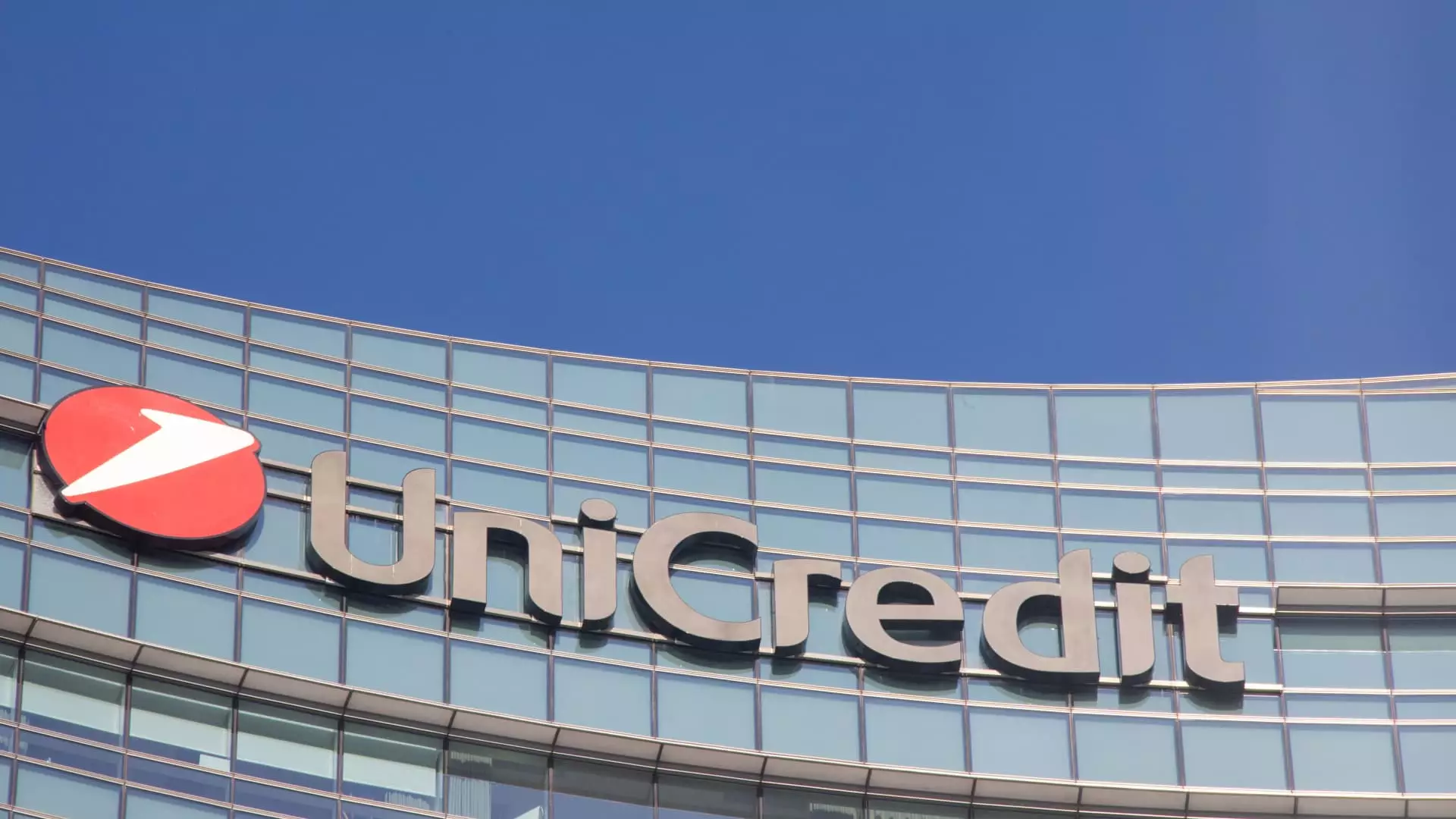Italian banking giant UniCredit made headlines on Monday with its bold proposition to acquire Banco BPM, a major competitor in the domestic market, for approximately 10 billion euros, which translates to around $10.5 billion. This acquisition, delineated by UniCredit as a strategic maneuver distinct from its ongoing interest in German bank Commerzbank, signals significant developments in the European banking landscape. The proposal sees UniCredit offering 6.657 euros per share, representing a slight premium to Banco BPM’s previous closing price. Such a move underscores UniCredit’s ambition to solidify its presence in the European banking sphere, merging two of the country’s largest lenders into a formidable entity capable of navigating the complex financial terrain of the continent.
Market Dynamics and Rationale
The European banking sector has been inundated with a wave of mergers and acquisitions, driven by the need for consolidation in an industry long viewed as fragmented and underperforming. In the midst of this backdrop, UniCredit’s strategic purchase could transform it into a leading pan-European financial powerhouse. The allure of merging with Banco BPM ties into the pursuit of greater operational efficiencies, enhanced market share, and an expanded customer base, which are pivotal for financial institutions in today’s competitive environment.
Additionally, the move to strengthen its stake in Commerzbank highlights UniCredit’s aggressive expansion strategy, aiming to gain deeper access to the lucrative German market while presenting significant growth opportunities for both entities involved. However, this ambitious strategy is not devoid of challenges; the German government’s cautious stance on foreign acquisitions adds a layer of complexity to UniCredit’s aspirations, as Chancellor Olaf Scholz has voiced reservations regarding potential “unfriendly attacks.”
Recent Activity and Financial Performance
Recent activities surrounding both UniCredit and Banco BPM demonstrate a flurry of strategic initiatives aimed at positioning themselves favorably within the market. Banco BPM’s recent bid for asset management company Anima, valued at approximately 1.6 billion euros, alongside its acquisition of a stake in Monte dei Paschi di Siena, indicates a proactive approach in fortifying its business model against competitive pressures.
On the flip side, UniCredit has experienced significant financial growth, as evidenced by its reported 8% increase in quarterly net profits, amounting to 2.5 billion euros. The bank also revised its full-year profit forecast upward to exceed 9 billion euros. Such robust financial health strengthens its negotiating position as it contemplates the acquisition and suggests ongoing investor confidence evidenced by a 55% rise in share value this year.
UniCredit’s proposed acquisition of Banco BPM is not merely a corporate maneuver but rather an insightful response to the broader trends shaping the European banking landscape. As consolidation efforts intensify in light of evolving financial markets and increasing competition, the future will likely see more such strategic partnerships and acquisitions. While the immediate results of this proposed deal remain to be seen, the overarching implications for both banks and the sector as a whole are considerable, potentially heralding a new era of banking in Europe driven by strength in unity and expanded market capabilities.

